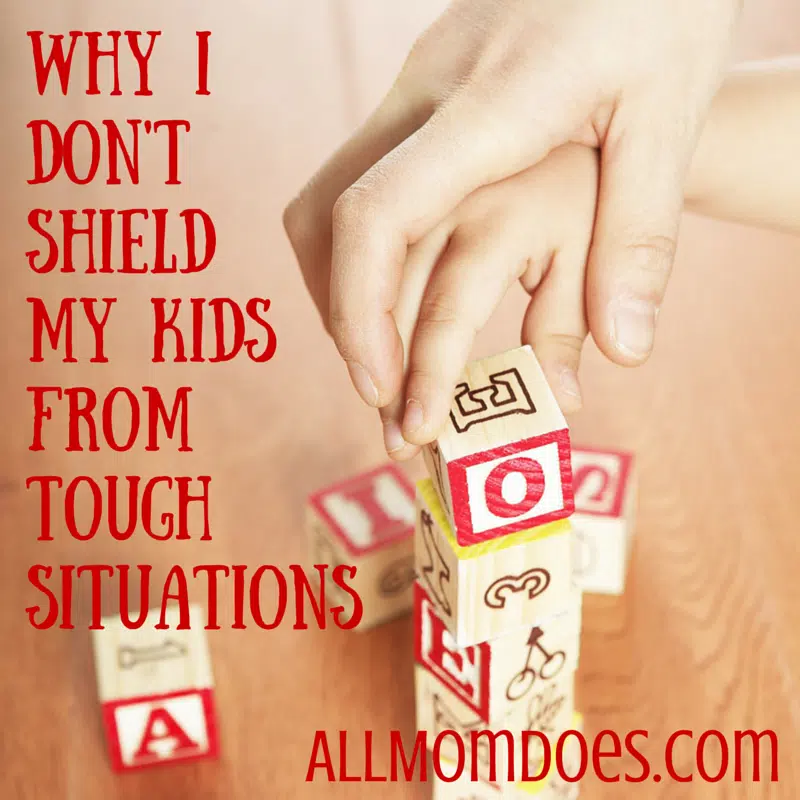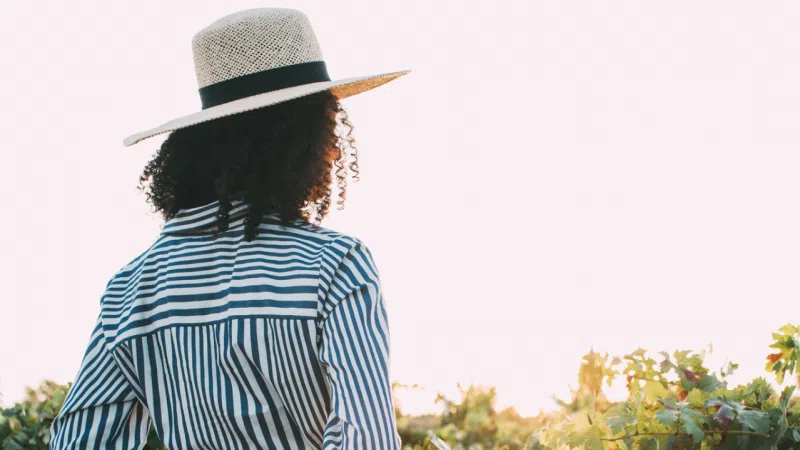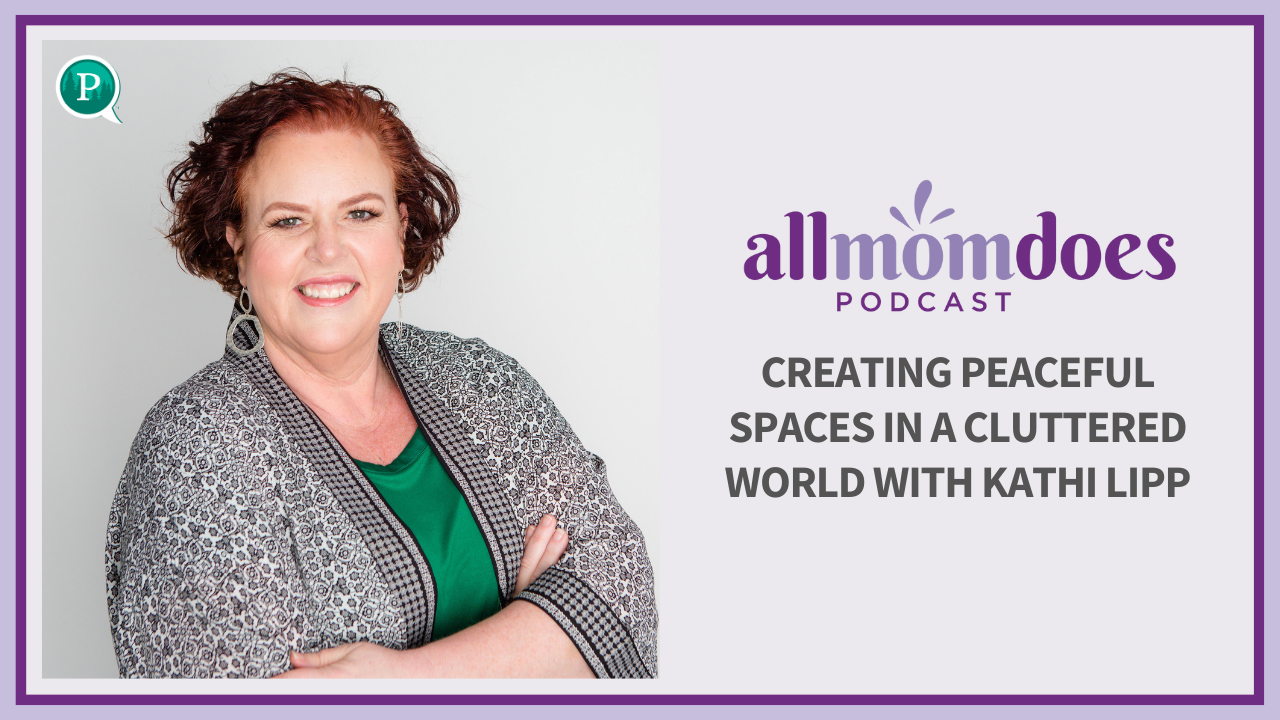I opened the window wide to listen to the boys as they played in the backyard. My son had just made a new friend in the neighborhood, and they were having a blast. Shrieks and laughter and mischief seemed to be the theme of the afternoon.
It was all fun and games, until I heard something that made me stop in my tracks.
Somewhere in their make-believe game, this six-year-old suggested that they kill all the members of a few select racial and ethnic groups.
You better believe I rushed out there and schooled those kids on respect, appropriate speech, and that God made all people the same inside, while making us all beautifully different on the outside. I made it clear that I never, ever wanted to hear such talk again. And while I maintained both firmness and composure on the exterior, my insides wouldn’t stop shaking.
We’re in a new season of parenting in our house. For the first time, my son is making friends outside of the families we’ve known since we were all young and childless together. This means navigating the social and relational constructs of families that operate incredibly different from ours. How do you assess safety? Develop trust? Determine appropriateness?
It’s hard.
We often refer to mothers of small children as in the trenches. As in, ‘this is the hard part but soon you’ll be out of it.’
And while some things get easier – like they sleep well, can brush their own teeth, and no longer need bathroom help – the stakes get raised on other things.
This incident came during the same week I read this article on prohibiting sleepovers due to molestation risks, then the whole Duggar fiasco, and a few other things that made me just want to wrap my kids in a bubble and shield them from the world.
But while part of me wants to do that, the other part of me knows I don’t. I want my kids to see families that are different than ours. I want them to be exposed to diverse worldviews, even though that means they’ll come home and we’ll have to have difficult conversations about difficult topics, so they can wrestle with things in their minds and come out stronger on the other side. I want to shepherd them through challenging things instead of shielding them, so they can learn how to navigate these situations themselves someday.
But, of course, I also want to keep them safe.
Did I mention this is hard?
Leaving the trenches may mean that parenting becomes less physically challenging, but that doesn’t mean it gets easier. It just means that you start dealing with new things – differing worldviews, unfamiliar friendships, safety issues. And then they get even older and you deal with school pressures, helping your teen balance work and school, drug and alcohol temptations, and teenage dating relationships.
Parenting never gets any easier.
Then your kids become adults, and you have to just let them live their life and keep your opinions to yourself.
That might be the hardest parenting stage of all.
What has been the most challenging situation you’ve faced as a parent? How do you find a balance between teaching your child to navigate tough situations and maintaining their safety?

















